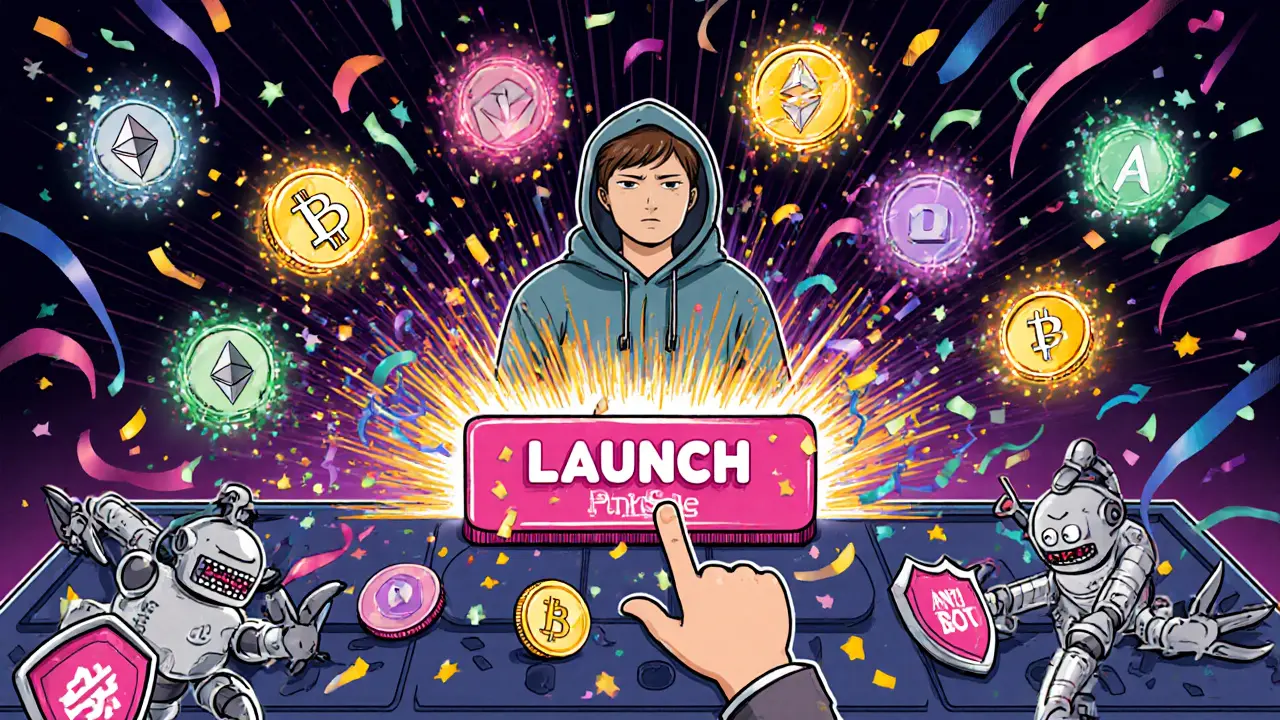Token Presale: What It Is, How It Works, and What to Watch For
When you hear token presale, a private sale of a cryptocurrency token before it launches publicly. Also known as early stage crypto sale, it’s how new projects raise money from a small group of backers before listing on exchanges. Think of it like buying shares in a startup before it goes public—but instead of stocks, you’re getting digital tokens that might one day power a game, wallet, or decentralized app.
Not all token distribution, the process of handing out tokens to investors, team members, and the public is fair or safe. Some projects use presales to fund real tech—like the blockchain fundraising, the method of raising capital through token sales instead of venture funding behind secure wallets or privacy tools. Others? They’re just marketing fluff with no product, no team, and no roadmap. The token presale boom in 2021 and 2022 turned into a graveyard for many, but smart investors still find value—if they know what to look for.
What separates the real from the scam? Look at the team. Check if they’ve built anything before. See if the token has a clear use case—like staking, governance, or access to a service—not just hype. Watch for lockups: if the team gets to cash out immediately after launch, run. Also, check the contract. Is it audited? Is liquidity locked? You’ll find both winners and disasters in the posts below—some presales led to real products, others vanished overnight. The key isn’t chasing the next big thing. It’s asking the right questions before you send any crypto.
Below, you’ll find real case studies: what actually happened with presales tied to Meme Kombat, MoonEdge, GamesPad, and others. Some delivered on promises. Others were ghosted. No fluff. No hype. Just what went down, who got burned, and who walked away with something real.
